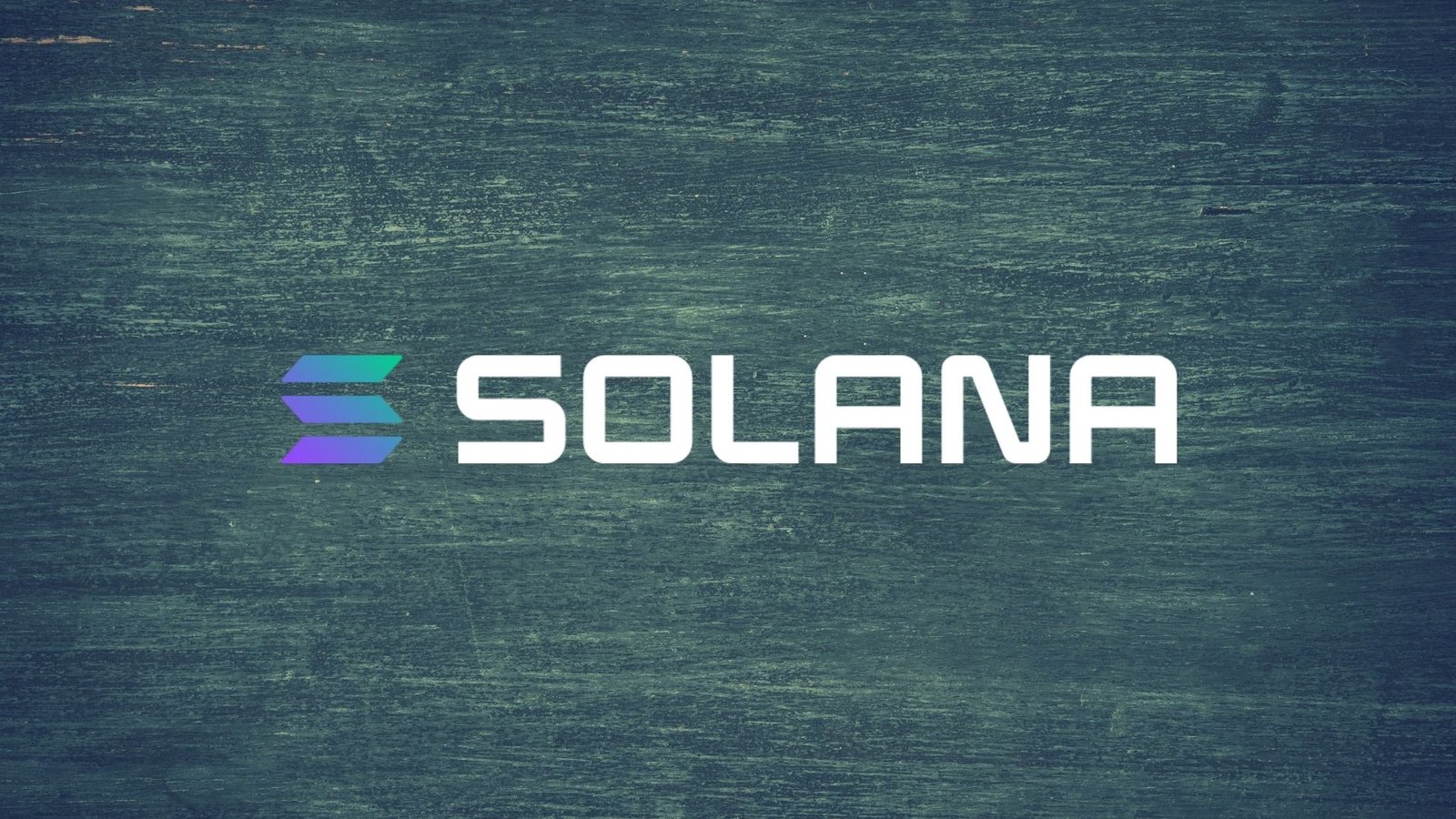Coinbase Cloud is releasing Solana archive nodes to assist developers in creating better Solana-based products and services.
The service represents the most recent development of Coinbase Cloud’s Solana network infrastructure since it started operating Solana validators.
Yesterday, the blockchain infrastructure platform Coinbase Cloud announced the debut of Solana archival nodes, a technology that helps developers construct network-based goods and services.
Previously, Coinbase Cloud offered dedicated standard Solana nodes to let developers view and validate blockchain transaction data. Thanks to Coinbase Cloud’s expansion into Solana archive nodes, developers can have access to all data from the network’s genesis block and before.
In addition to the most recent 128 blocks that a regular Solana node delivers, many blockchain-based initiatives, such as data and analytical providers, need safe, user-friendly, and dependable infrastructure.
While Solana’s high-throughput nature makes it ideal for use cases like trading, it makes maintaining archive nodes difficult from a technical standpoint. Due to Solana’s current processing rate of over 3,000 transactions per second and storage need of around 100 terabytes for past records, archival nodes are both time-consuming and costly to run.
Since it initially started running validators on the Solana blockchain, Coinbase Cloud, one of the major infrastructure platforms offering the service, has maintained its support for the blockchain. In addition, the revelation signifies additional industry growth for Solana’s blockchain infrastructure, after a similar move by QuickNode and the validator client announcement by Jump Crypto last month.
Also Read: Analyst Who Said Bitcoin Will Fall To $20,000 Cuts Odds To $12,000
Disclaimer: The information provided in this article is for informational purposes only and should not be construed as financial or investment advice. Cryptocurrency investments are subject to market risks, and individuals should seek professional advice before making any investment decisions.


Comments are closed.